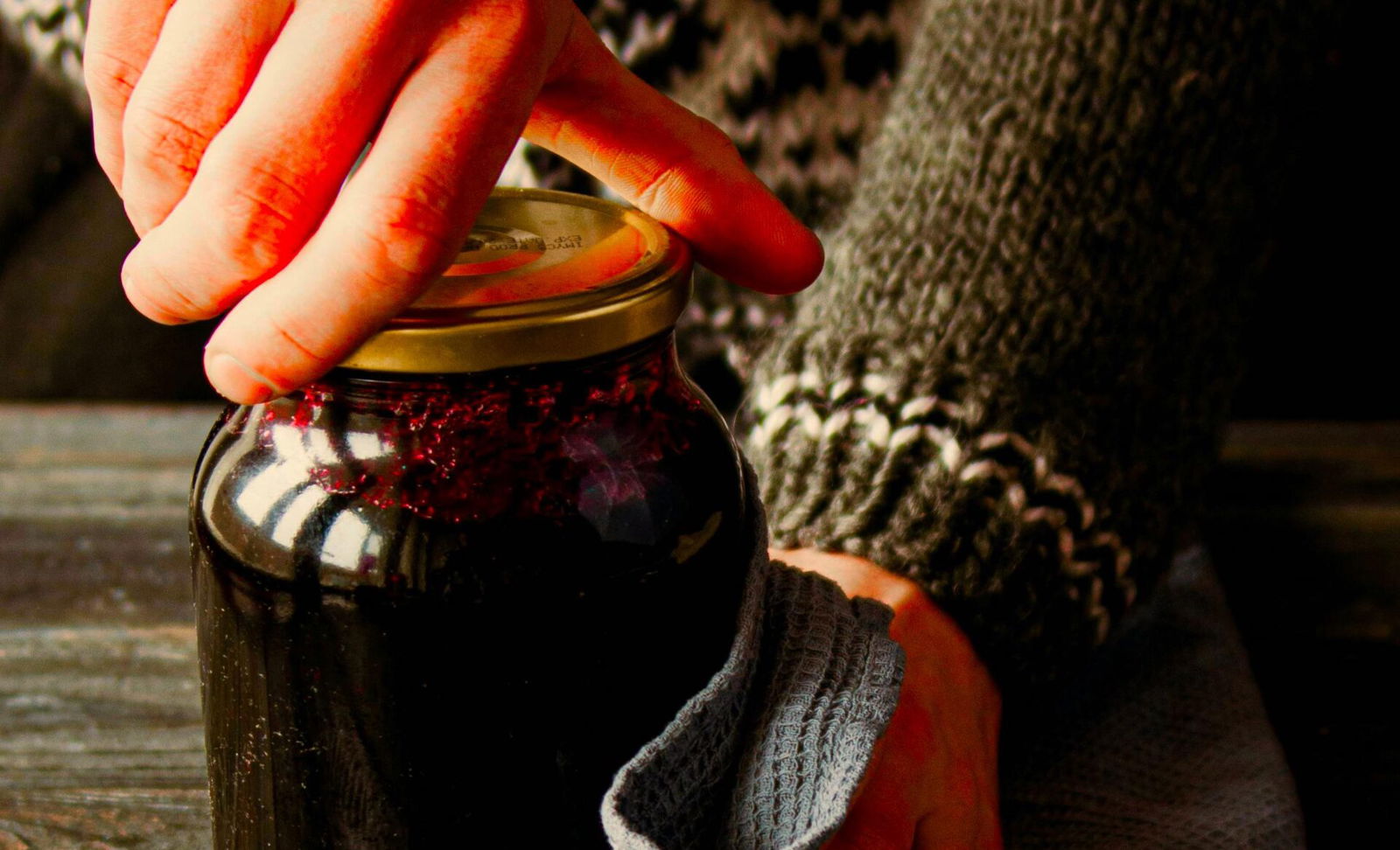
January 15, 2025
Medical Experts Say Elderberry Doesn’t Have the Juice to Support Immune Health
The research is still out on elderberry's usefulness.
Elderberry has gained popularity as a tea and supplement, often touted for its potential to alleviate cold and flu symptoms and support immune health. However, some medical professionals are skeptical about its effectiveness and argue that it may not be worth the cost, the Washington Post reports.
In 2023, Americans spent $12.551 billion on herbal supplements, marking a 2.6% increase from 2022, according to the American Botanical Council. Elderberry products—including pills, syrups, and powders—accounted for $175 million of those sales. Despite its widespread use, not all experts believe in its benefits.
Michael Macknin, a professor emeritus at the Cleveland Clinic Lerner College of Medicine, conducted a 2020 study on elderberry. He found that elderberry, contrary to popular belief, did not contribute significantly to health maintenance or immune system boosting. In fact, Macknin said after his study, he discarded the elderberry products he had purchased for personal use.
While Cleveland Clinic physician Matthew Badgett acknowledged that elderberry has demonstrated anti-viral properties in lab conditions, he emphasized that these results may not translate to real-world conditions. Macknin’s study further concluded that elderberry’s supposed antiviral effects don’t hold up when applied to the human body.
Though elderberry may not be as effective in reducing inflammation or boosting immunity as some claim, it can still serve as a comforting, warm beverage on a cold day. If you’re looking for teas that both warm and soothe during illness, there are options that might offer real benefits beyond what elderberry provides.